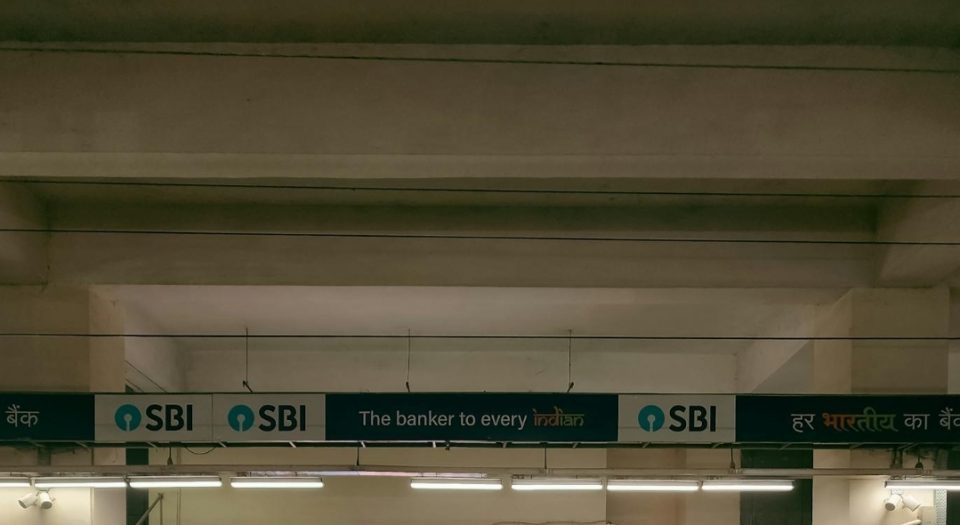Banking and Financial Rule Changes Coming to India: Your Complete Guide to September 2025 Updates
Starting September 1, 2025, several significant financial changes will reshape India’s banking, postal, and pension landscape. Therefore, understanding these modifications becomes crucial for millions of consumers navigating these evolving systems.
Credit Card Reward Points Get Strategic Overhaul
SBI Card announced a major shift affecting specific cardholders from September 1, 2025. Moreover, the bank will discontinue reward points for digital gaming transactions and government-related payments on three select cards. Specifically, this impacts the Lifestyle Home Centre SBI Card, Lifestyle Home Centre SBI Card SELECT, and Lifestyle Home Centre SBI Card PRIME.
Additionally, cardholders who frequently purchase online gaming credits or make government portal payments will notice reduced reward accumulation. However, regular retail transactions including shopping, dining, fuel, and travel will continue earning points normally.
Furthermore, this strategic adjustment reflects broader industry trends toward profitability-driven reward structures. Consequently, digital gaming platforms typically generate low Merchant Discount Rates, making reward distribution financially challenging. Similarly, HDFC Bank implemented comparable restrictions on gaming-related rewards in July 2025.
Postal Service Modernization Transforms Mail Operations
The Department of Posts will merge domestic Registered Post with Speed Post services from September 1, 2025. Subsequently, this consolidation aims to streamline operations while providing faster delivery and enhanced tracking capabilities.
Previously, Registered Post offered secure delivery exclusively to addressees, whereas Speed Post prioritized time-bound delivery to any recipient at the given address. Nevertheless, the merged system will retain security features through value-added services. Importantly, proof of delivery and addressee-specific delivery will continue as optional features.
Additionally, this merger addresses declining Registered Post usage, which dropped 25% between 2011-12 and 2019-20. Therefore, the unified system promises real-time tracking, faster delivery times, and improved customer convenience. However, pricing for the merged service remains under finalization.
Silver Jewelry Hallmarking Enters Digital Era
Starting September 1, 2025, BIS will implement voluntary hallmarking for silver jewelry using the Hallmark Unique Identification Number system. Consequently, six purity grades—800, 835, 900, 925, 970, and 990—will receive certification with unique six-digit HUID codes.
Furthermore, consumers can verify authenticity through the BIS Care App’s verification feature. Meanwhile, this digital approach replaces older hallmarking methods, ensuring greater transparency and consumer protection. Additionally, hallmarking charges remain fixed at ₹35 per piece.
Importantly, articles below 4 grams remain exempt from hallmarking requirements. However, the voluntary system allows consumers to choose between hallmarked and non-hallmarked jewelry based on preference.
Pension Scheme Decisions Face Final Deadline
Central government employees have until September 30, 2025, to choose between the Unified Pension Scheme and National Pension System. Originally scheduled for June 30, 2025, this extension provides additional time for informed decision-making.
Moreover, the UPS offers guaranteed pension benefits equal to 50% of average basic pay for employees with 25 years of service. Additionally, it includes a minimum monthly pension of ₹10,000 and enhanced gratuity provisions. Conversely, the NPS provides market-linked returns with potentially higher but variable outcomes.
Significantly, employees failing to make a choice by the deadline will automatically remain under NPS without UPS benefits. Therefore, eligible employees must assess their risk tolerance, career tenure, and retirement goals before the deadline.
Tax Filing Gets Extended Relief
The Central Board of Direct Taxes extended the income tax return deadline for FY 2024-25 to September 15, 2025. Specifically, this 46-day extension applies to individuals and Hindu Undivided Families not requiring auditing. However, taxpayers requiring audits must still file by October 31, 2025.
Subsequently, this extension addresses concerns about delayed ITR utilities release and system development needs. Additionally, stakeholders raised issues about TDS credit reflections and form revisions requiring additional processing time.
Special Fixed Deposit Schemes Near Expiration
Several banks are concluding attractive fixed deposit schemes by September 30, 2025. Notably, Indian Bank’s 444-day “Ind Secure” scheme offers 7.45% for super senior citizens. Similarly, IDBI Bank’s “Utsav Callable FD” provides rates up to 7.40% across multiple tenures.
Additionally, these special schemes feature unique durations of 444, 555, and 700 days. Furthermore, they offer enhanced rates for senior and super senior citizens compared to regular deposits. However, once deadlines pass, banks may withdraw these schemes or revise rates.
Energy Price Adjustments Expected
Industry observers anticipate potential changes in LPG cylinder prices from September 1, 2025. Previously, commercial LPG cylinders received a ₹33.50 reduction in August, while domestic prices remained stable. Therefore, domestic consumers may receive similar relief in September.
Additionally, CNG and PNG prices could witness adjustments after remaining steady for extended periods. Currently, CNG prices across Indian cities range from ₹75 to ₹99.50 per kilogram. However, these prices depend on global crude oil trends and domestic policy decisions.

Strategic Implications for Consumers
These September 2025 changes reflect India’s ongoing digitization and modernization efforts across multiple sectors. Therefore, consumers should proactively assess how these modifications affect their financial planning and service usage.
Furthermore, credit card users must evaluate reward strategies and consider alternative cards for excluded categories. Meanwhile, postal service users should understand the enhanced tracking capabilities and pricing adjustments. Additionally, government employees face critical pension decisions requiring careful consideration of long-term financial security.
Ultimately, these regulatory changes balance modernization goals with consumer accessibility concerns. Subsequently, staying informed about these modifications ensures optimal utilization of available benefits while adapting to evolving service structures across India’s financial and postal ecosystems.

